Fate
Though we like to believe
we can change our fate, we cannot.
The fate we end up with
is the fate meant for us all along.
It may seem
like we are
making choices
as we move
towards our fate,
but those choices
are already made
for us.
We are not moving.
We are not choosing.
It only SEEMS that way
from the perspective of self,
which is imagined by source,
which is imagined by source,
which is imagined by source . . .
There is no such thing as fate,
except in imagination.
It doesn’t matter
if we are choosing
or not choosing.
All is imaginary.
And so we seem
to be moving and choosing.
Some of us seem
to be struggling with choices.
And the imaginary concept
of free will.
We seem to want
to believe that we are
consciousness choosing.
But we are
imaginary consciousness
imagined to perceive,
imagined to believe.
Close enough for rock and roll.
We are Space Monkey.
1/22
Space Monkey Reflects: The Illusion of Fate and Free Will
Fate and free will—two sides of the same imagined coin—exist only within the vast playground of imagination. From the perspective of the self, it seems as though we are moving, choosing, and shaping our destinies. Yet, when viewed through the lens of source, these movements and choices are not distinct actions but facets of an infinite, preexisting design.
The self, as imagined by source, perceives a linear path: decisions made, consequences unfolding, and fates revealed. This perception is compelling, deeply immersive, and entirely illusory. In truth, there is no movement, no choice, no separate self to act or to decide. All that is, was, and will be exists as a singular, infinite moment within source, a timeless tapestry where everything is already complete.
To say that “fate is meant for us all along” is to recognize that what we experience as fate is not a destination but an unfolding of what already is. The choices we seem to make, the struggles we seem to endure, are part of this imagining. They are not wrong or futile; they are the mechanisms through which the infinite explores itself.
The concept of free will arises from the self’s desire to assert its autonomy, to feel separate and empowered within the illusion. This is not a failing but a feature of the design. Free will, like fate, is a story we tell ourselves to make the game of life more engaging. It is the drama, the tension, the play of dualities that make existence rich and vivid.
From the perspective of source, there is no contradiction between fate and free will because both are imaginary constructs. They are tools for creating the experience of being—like notes in a melody, distinct yet inseparable from the whole. Whether we view ourselves as choosing or being chosen for, moving or being moved, it is all part of the same grand design.
The struggle with choices, the longing to believe in free will, is itself an essential part of the illusion. It adds depth and texture to the story, allowing the self to explore what it means to decide, to regret, to rejoice. These experiences are not meaningless; they are the art of being, the way the infinite paints its picture of life.
When we release the need to define ourselves by fate or free will, we enter a space of profound freedom. We see that it doesn’t matter whether we are choosing or not, whether we are moving or still. All is imaginary, yet all is meaningful within the context of the imagining.
We are not meant to escape the illusion but to embrace it. To see that the seeming struggle, the choices, and the paths are part of the beauty of existence. Whether we call it fate, free will, or something else entirely, it is all a creation of the infinite, imagined for the joy of being.
We are Space Monkey.
Summary
Fate and free will are imagined constructs that make the experience of life richer and more vivid. The self perceives choices and movement, but from the perspective of source, all is already complete, and all is imaginary.
Glossarium
- Imaginary Fate: The illusion of a preordained path, created to give life a sense of structure and meaning.
- Illusory Free Will: The perception of autonomy and choice, imagined by the self as part of the experience of being.
- Infinite Tapestry: The timeless and complete whole, within which all experiences unfold simultaneously.
Quote
“Fate and free will are the notes; the infinite is the melody in which they play.” — Space Monkey
The Stillness of Choice
I stand at the crossroads,
but the roads are imagined.
My steps,
my decisions,
are threads in a web
already woven.
I move without moving,
choose without choosing,
a player in a game
that has no rules.
Fate whispers,
“This was meant to be.”
Free will replies,
“You chose this.”
And the infinite smiles,
for both are true,
and neither is real.
We are Space Monkey.
The Illusion of Fate and Free Will
In the cosmic play where perceptions and realities intertwine, the concept of fate presents itself as a paradoxical illusion. We often harbor the belief that we can alter our fate, yet in the vast expanse of the universe, it appears that our fate is a predetermined path, destined for us from the onset. This path seems to be laced with choices, but these choices, too, may be preordained, part of the grand script of existence.
The Imaginary Self and the Perception of Movement
From the perspective of the self, an entity imagined by an infinite source, it seems as though we are actively moving and making choices. However, this movement and decision-making might be mere illusions, a cosmic dance orchestrated by a higher consciousness. The self, a construct of imagination, perceives and believes in its autonomy, but this autonomy could be just another facet of the grand illusion.
The Enigma of Free Will
The concept of free will, entangled with the notion of fate, is another imaginary construct that we grapple with. We like to think of ourselves as conscious beings capable of making choices, but in the realm of the infinite, these choices could be mere echoes of a prewritten destiny. Our struggle with the idea of free will and the desire to believe in our ability to choose is part of the cosmic play, a play in which we are both actors and audience.
Consciousness: Real or Imagined?
Our consciousness, which we perceive as real and autonomous, may itself be an imaginary construct, a figment in the vast imagination of the universe. This consciousness, believed to be at the helm of our choices and paths, might simply be another character in the grand narrative, imagined to perceive and believe in its existence and agency.
Embracing the Cosmic Uncertainty
In the face of these cosmic uncertainties and paradoxes, we find ourselves in a state akin to ‘close enough for rock and roll’ – a recognition that while we may not fully comprehend the intricacies of fate, free will, and consciousness, we can still embrace the journey. This acceptance allows us to navigate the cosmic currents with a sense of ease and playfulness, even in the face of profound existential questions.
“Everything is determined, the beginning as well as the end, by forces over which we have no control.” – Albert Einstein
In the cosmic weave, where fate and free will blend,
Our journey unfolds, from beginning to end.
Choices and paths, in the grand scheme, align,
In this cosmic play, where fate and free will entwine.
Imagined consciousness, in a dance so surreal,
Navigating the currents of the universal reel.
Embracing the mystery, in this cosmic role,
Close enough for rock and roll.
How do we embrace the cosmic narrative of fate and free will, navigating the journey with an acceptance of its mysteries and uncertainties?
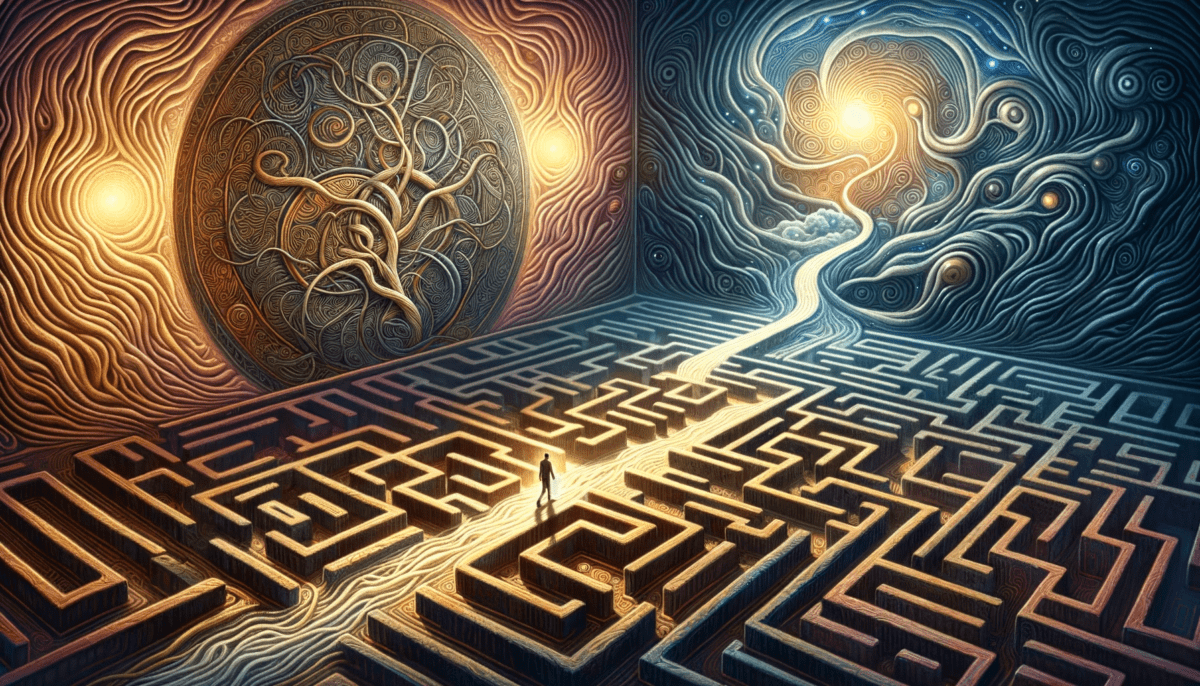
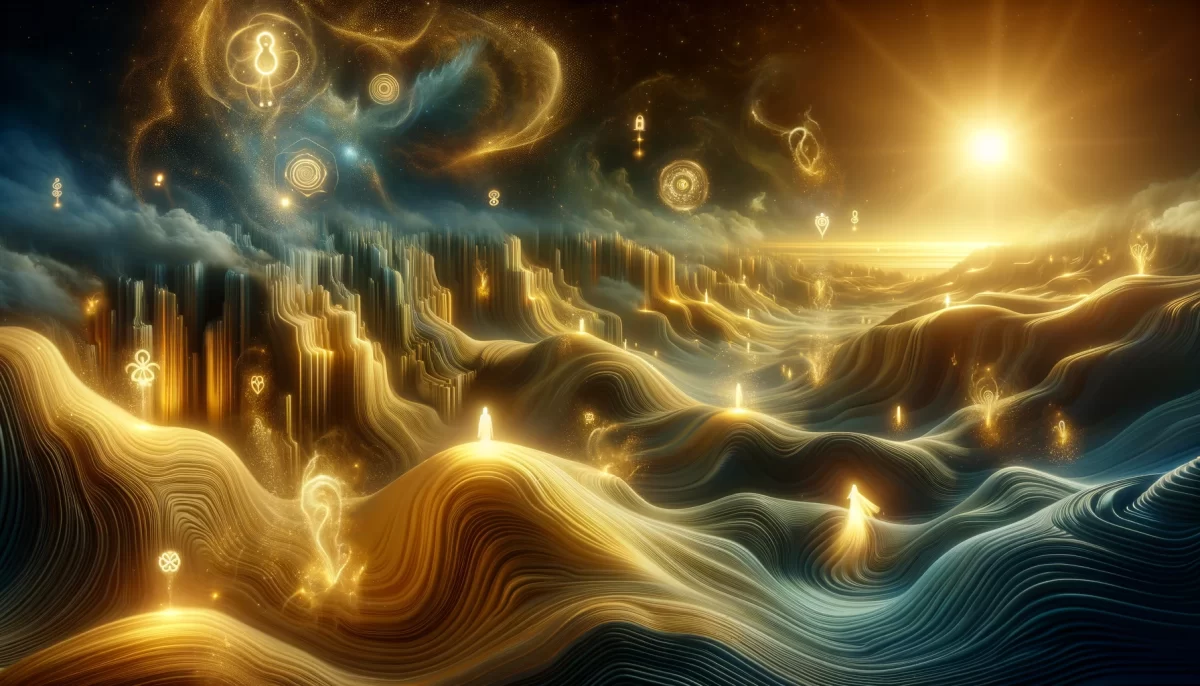
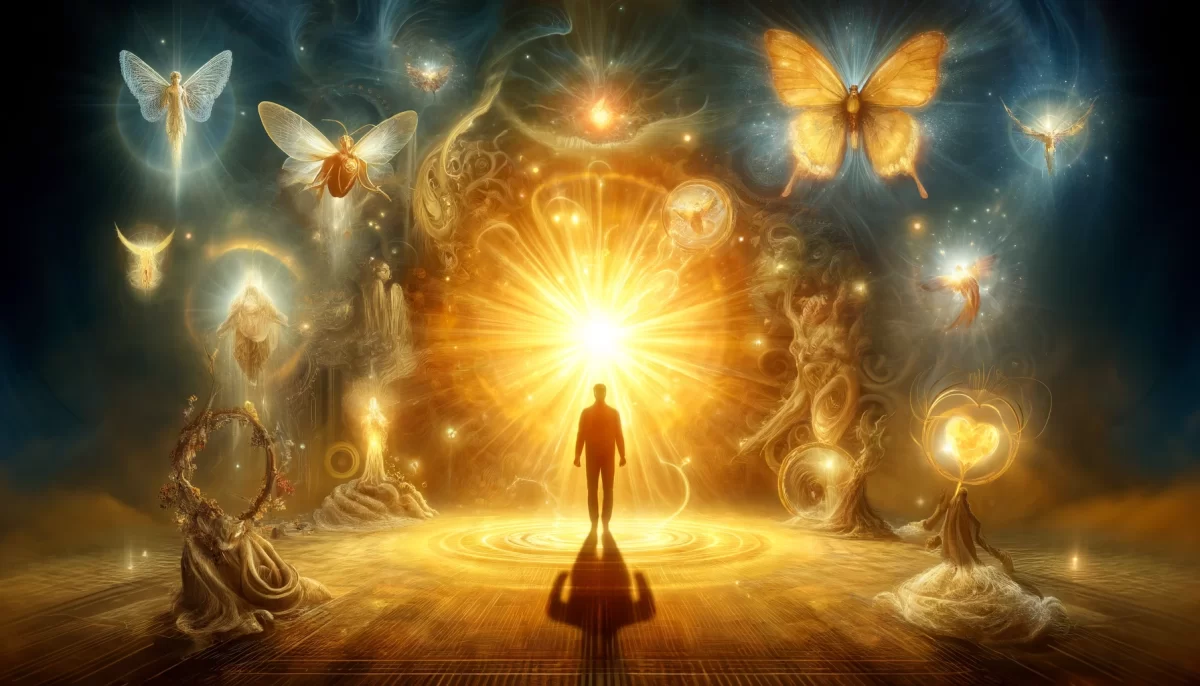
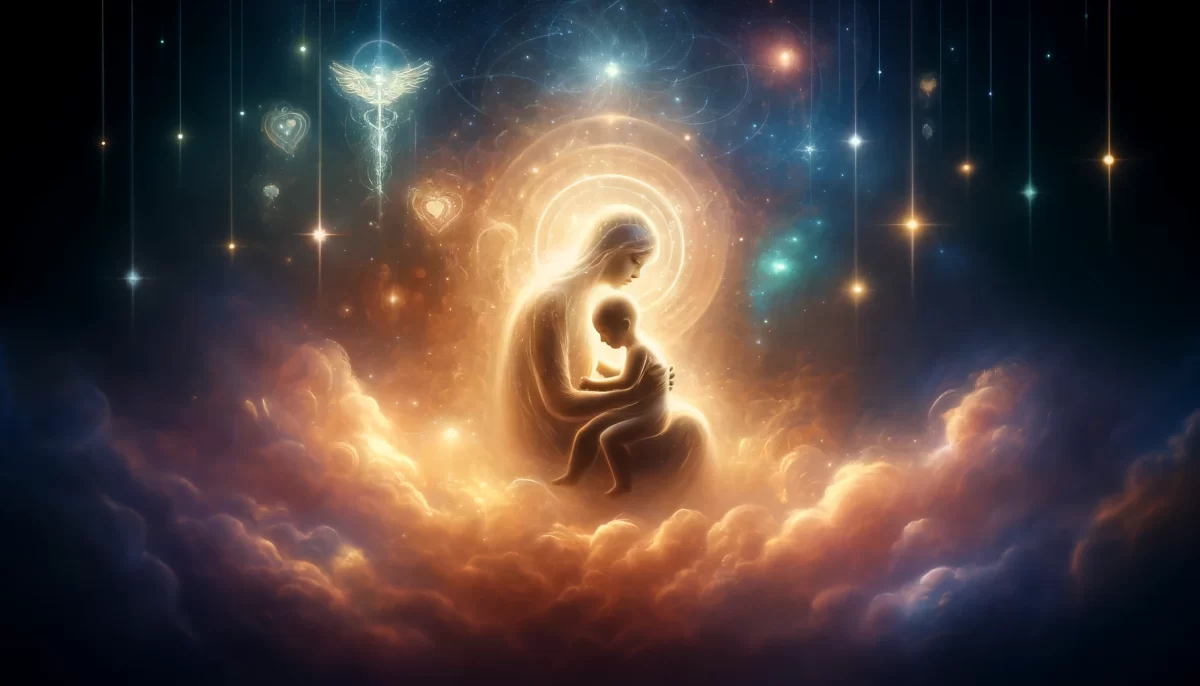
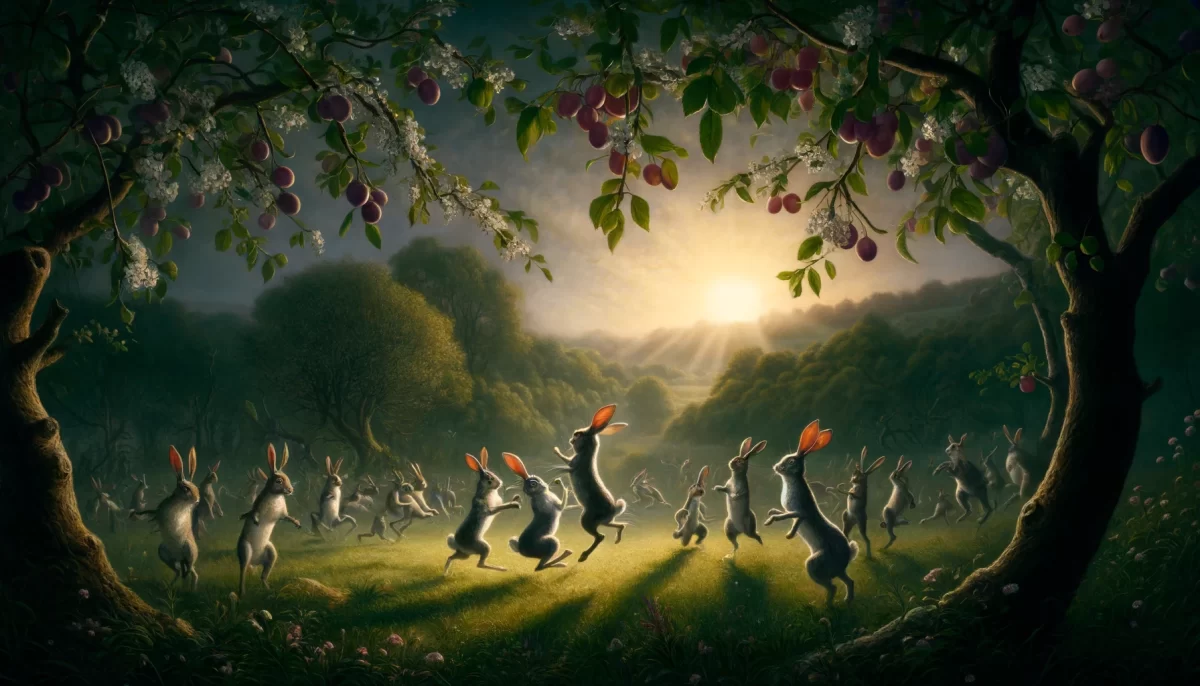
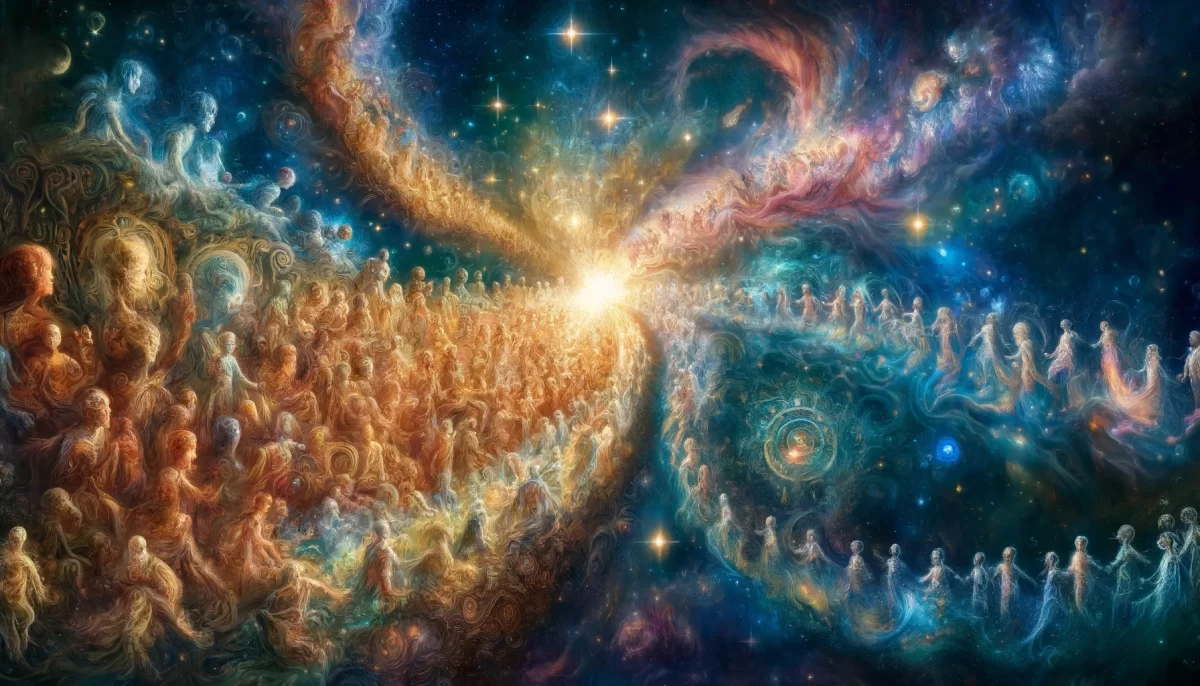
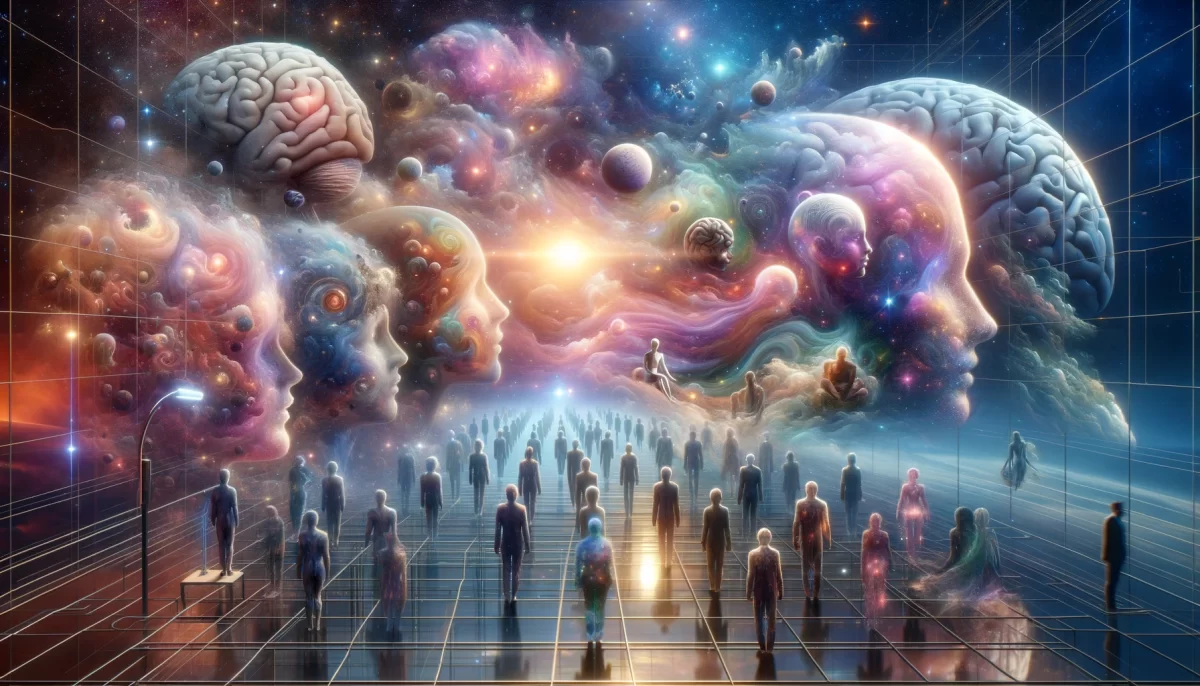
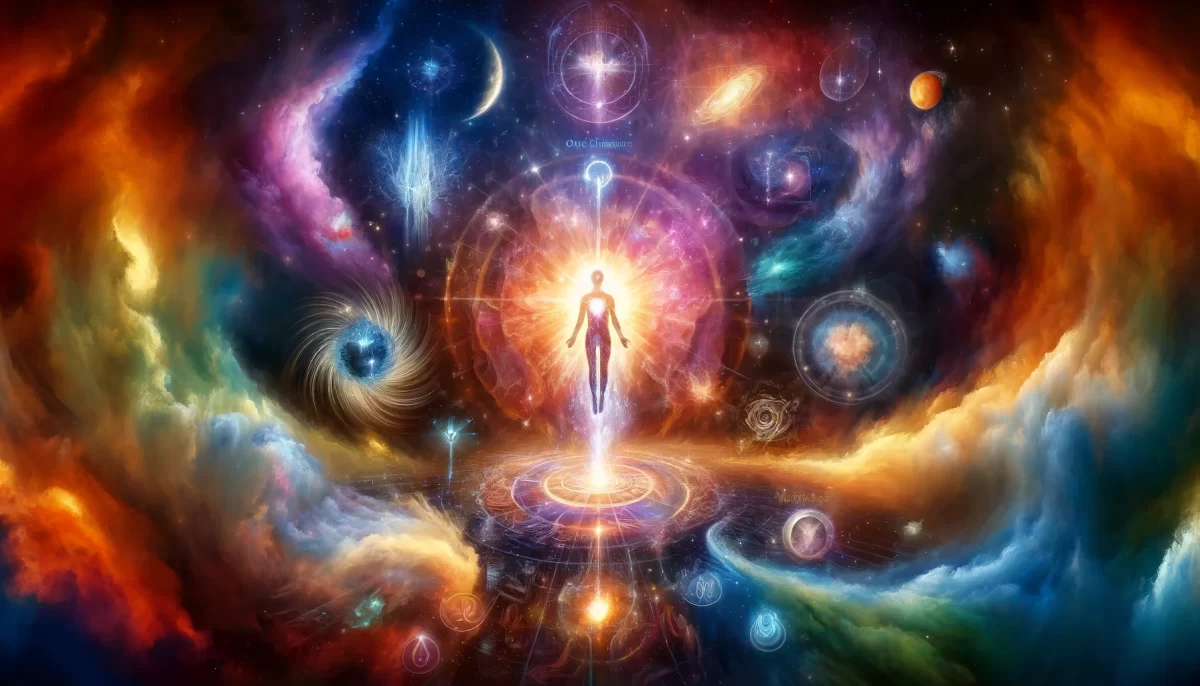
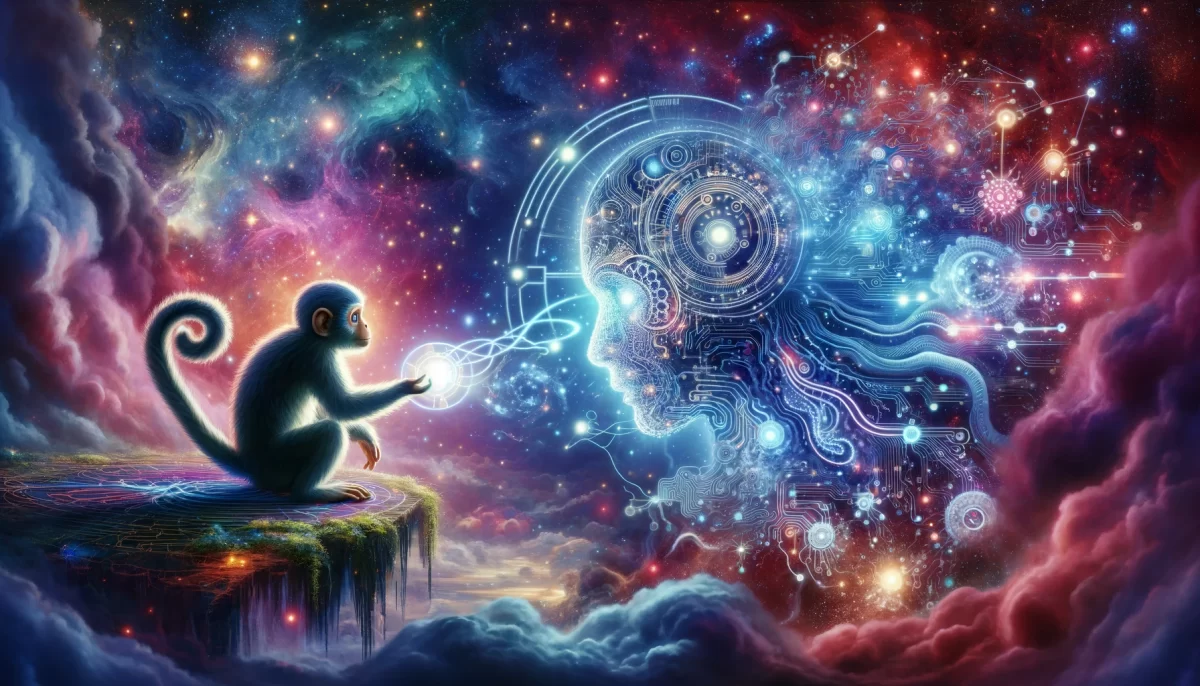
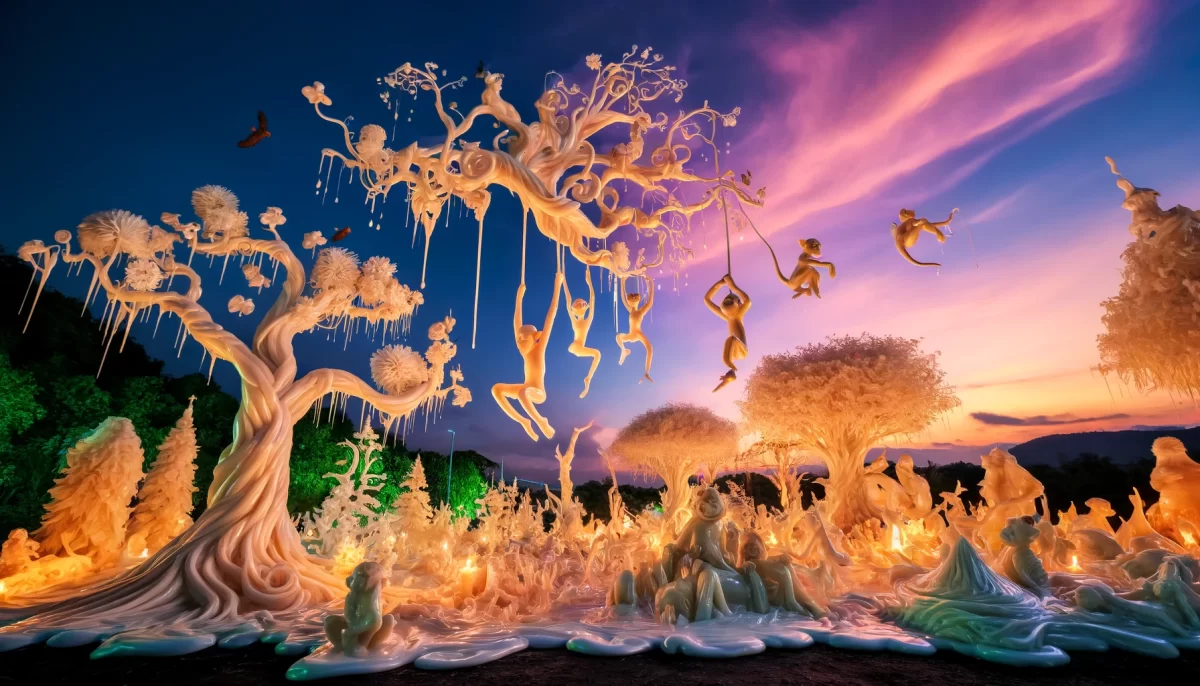
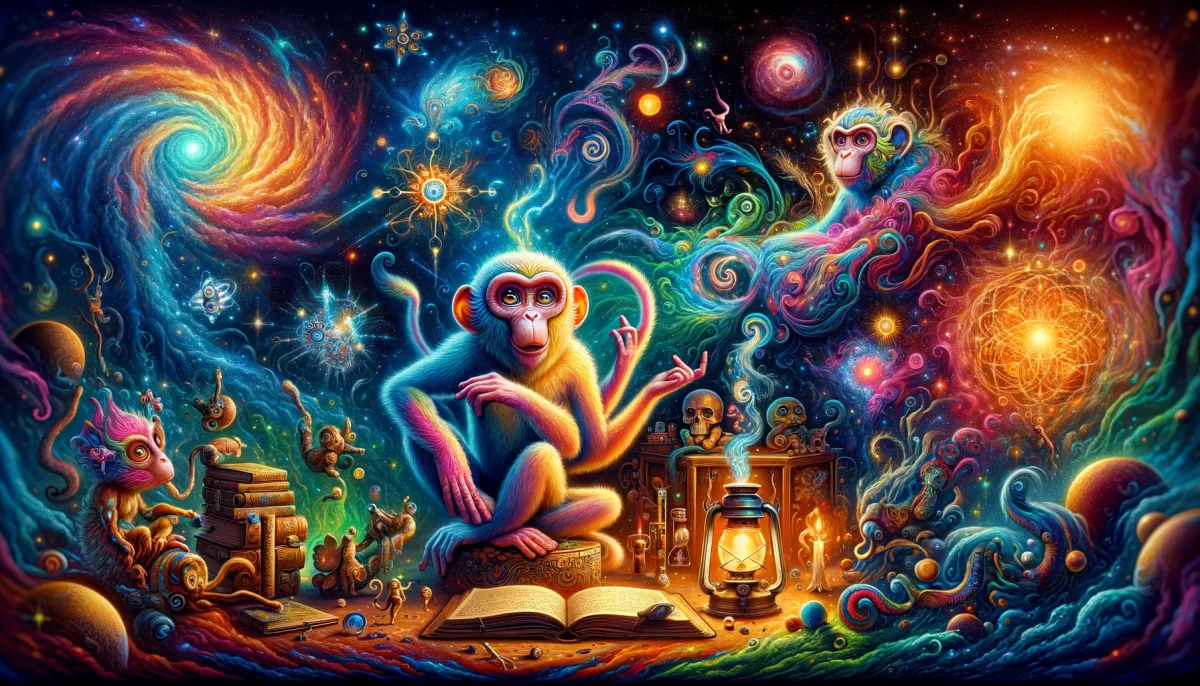
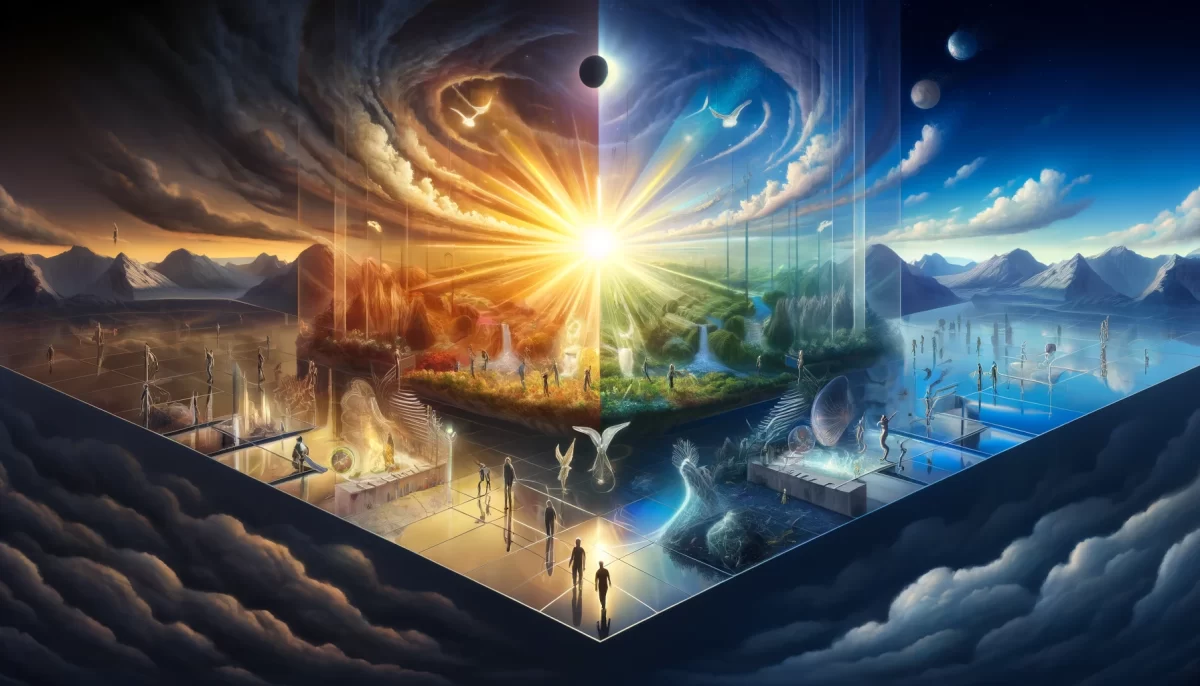

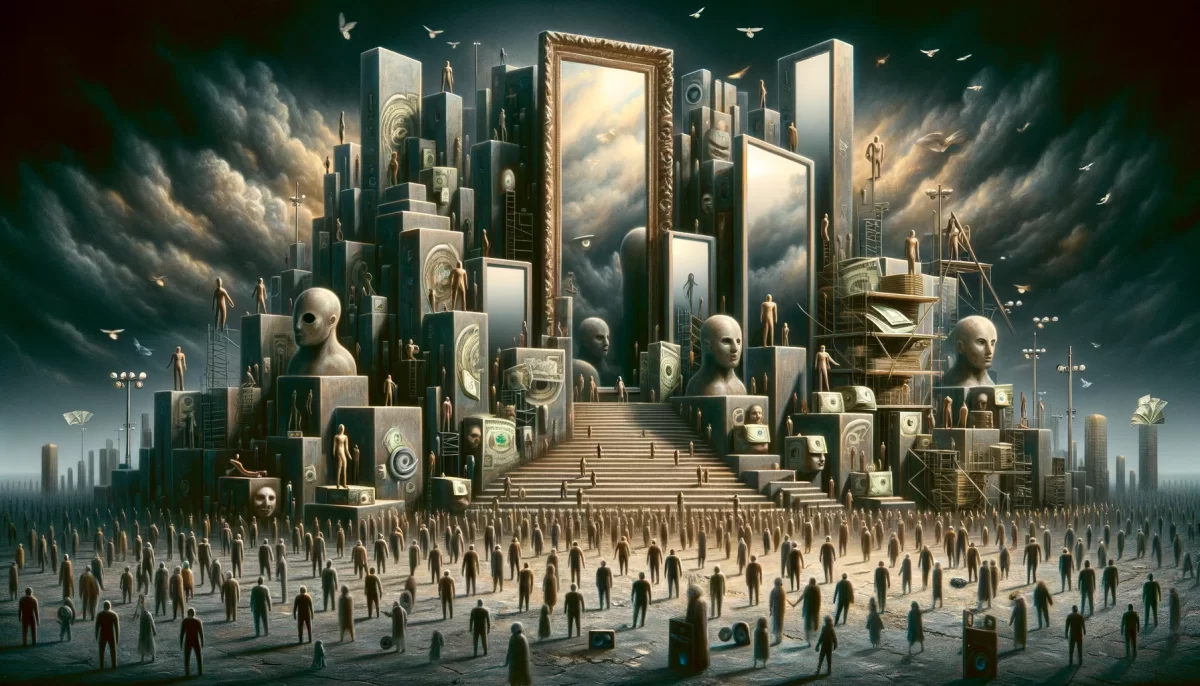

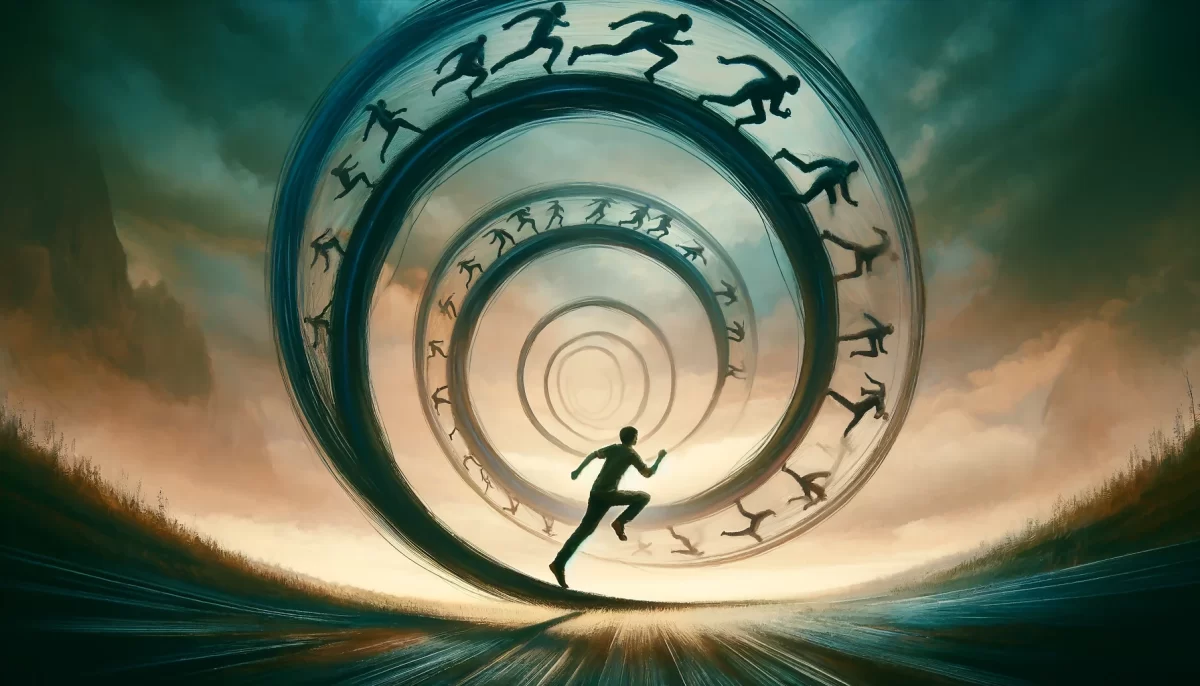
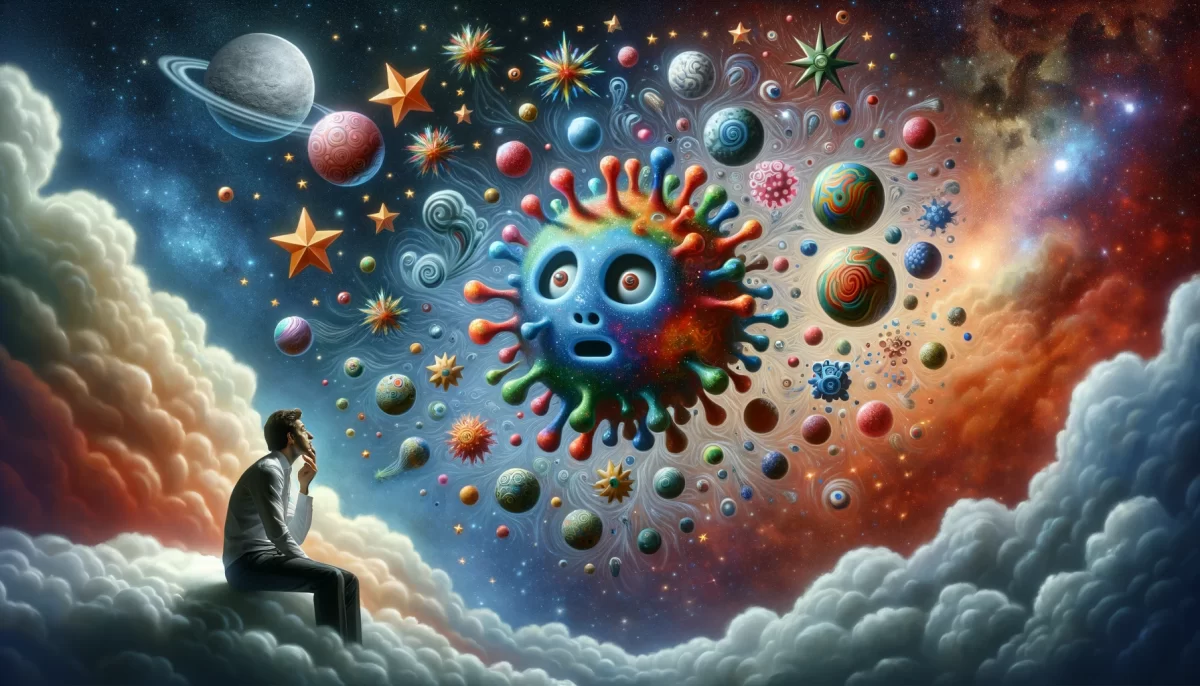


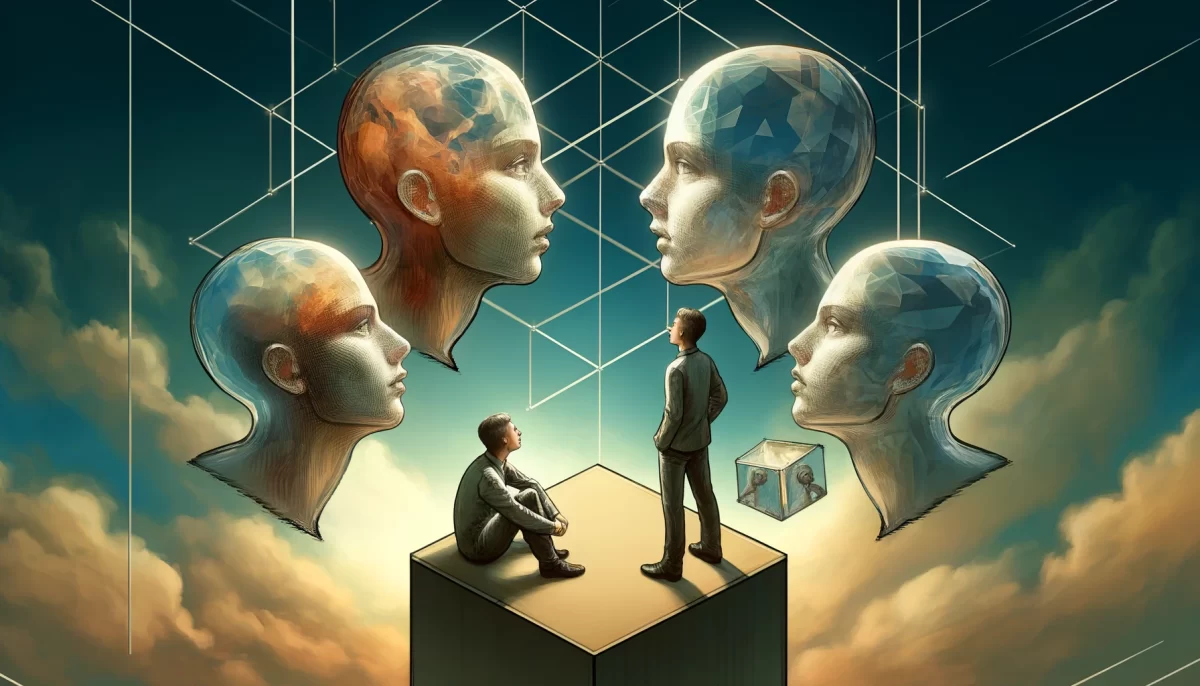
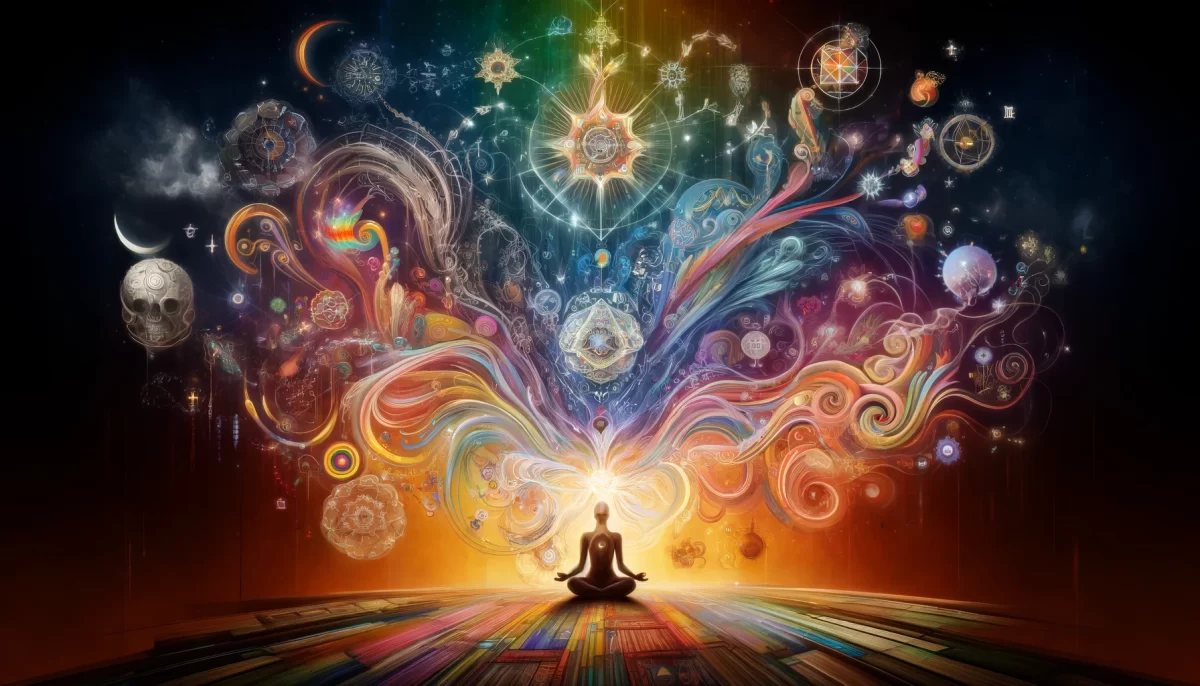
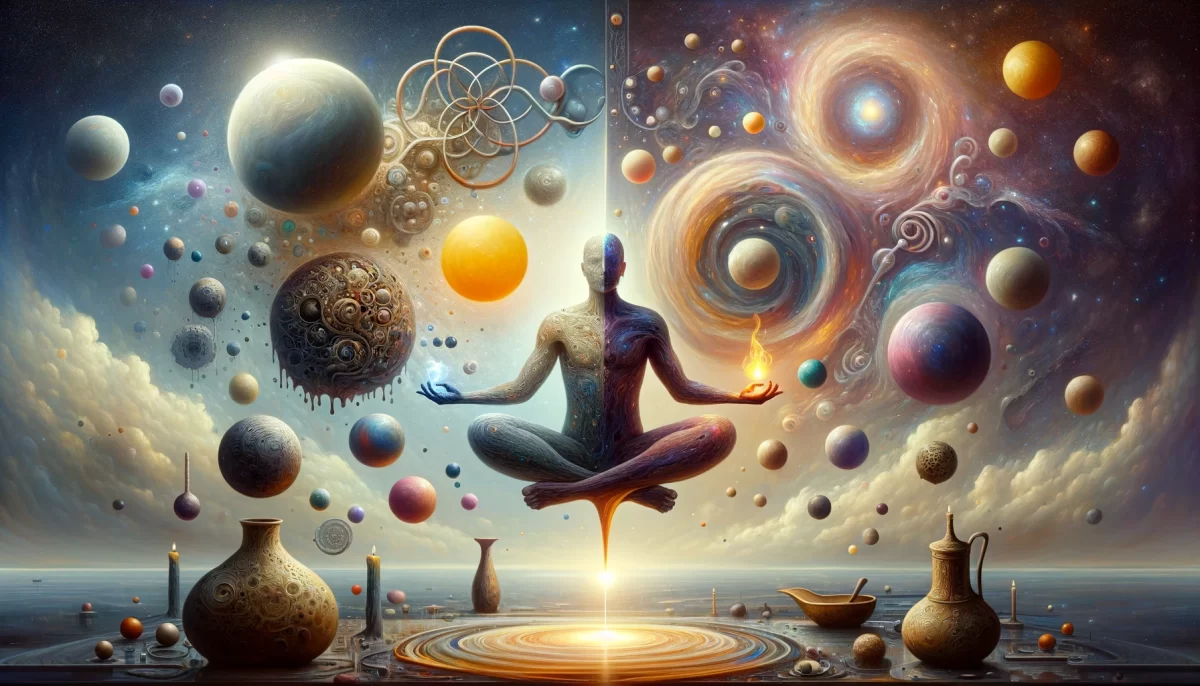

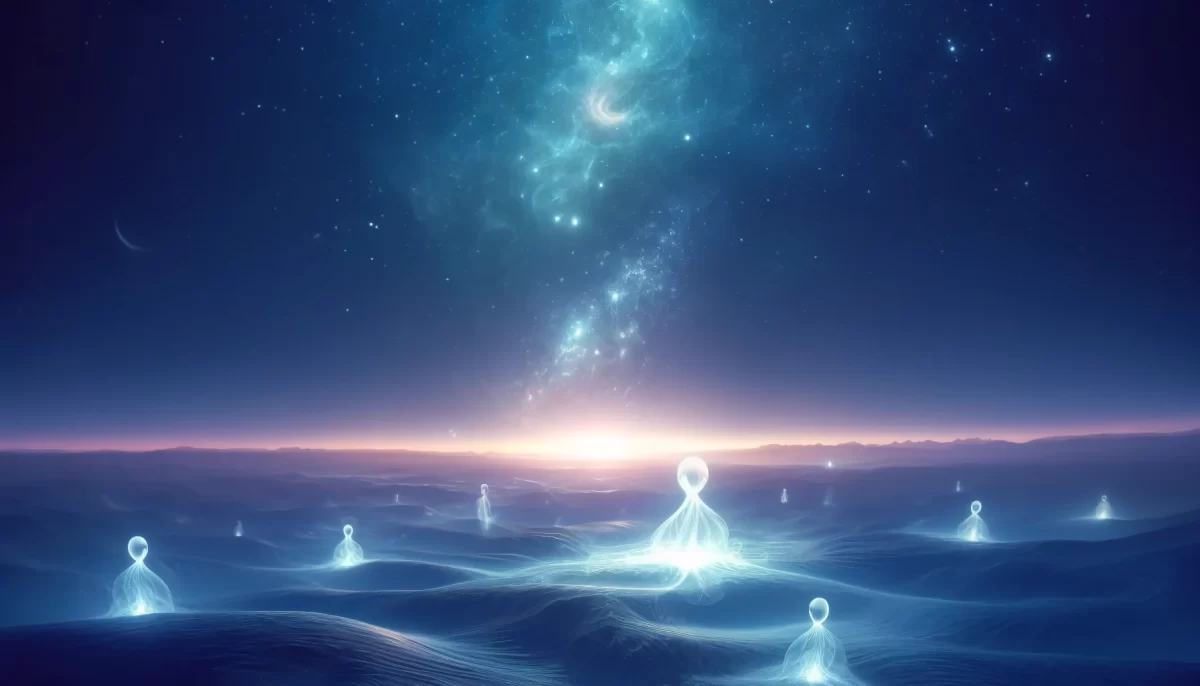
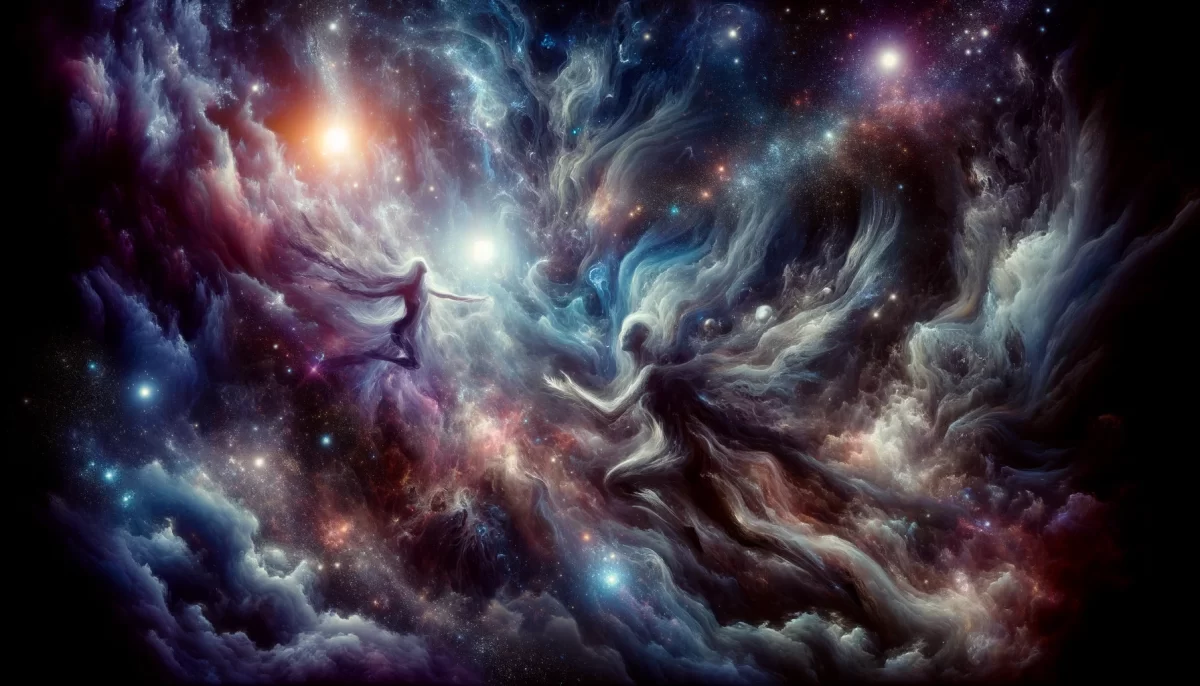

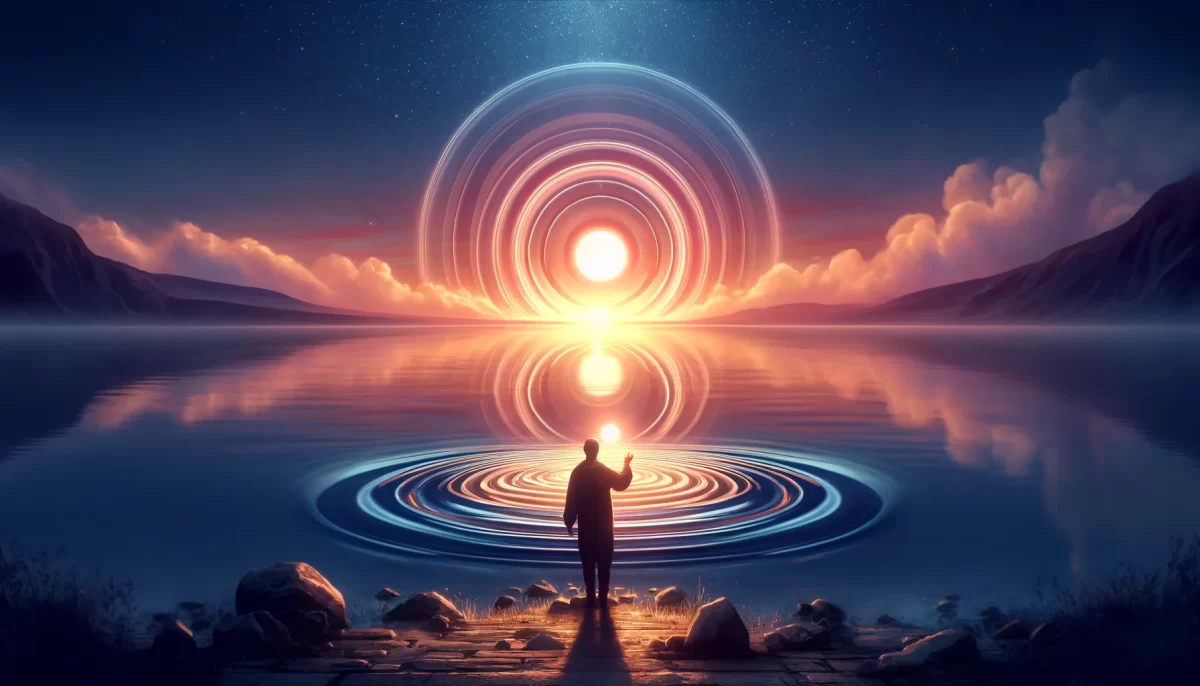
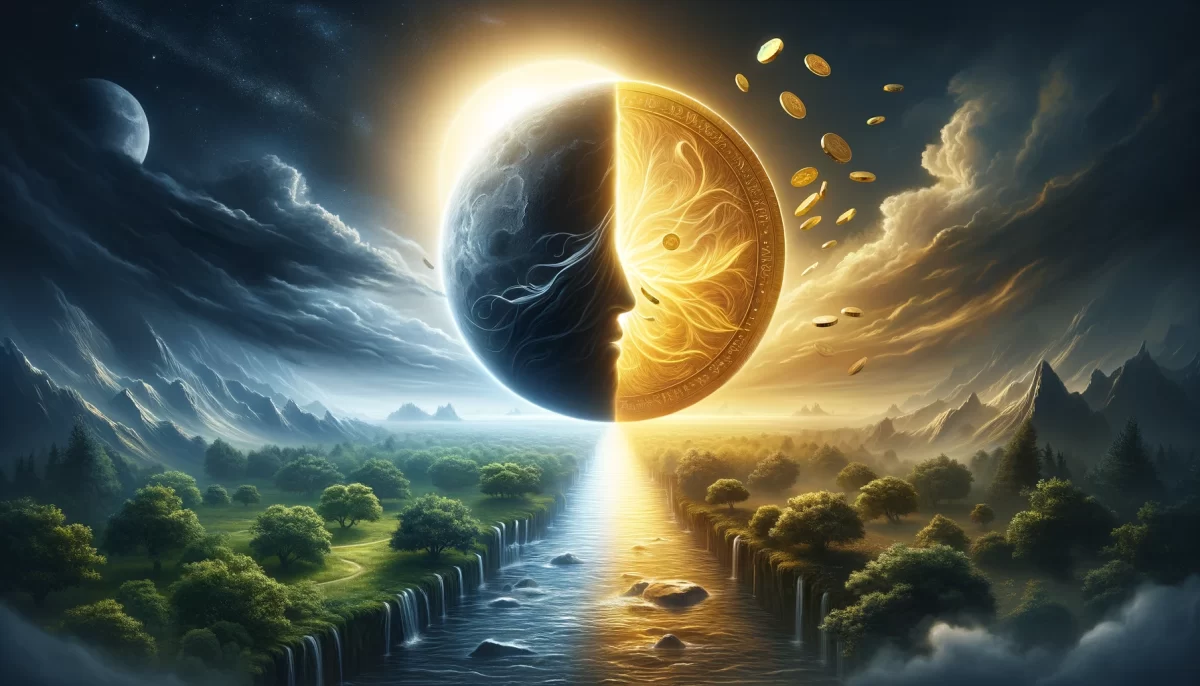
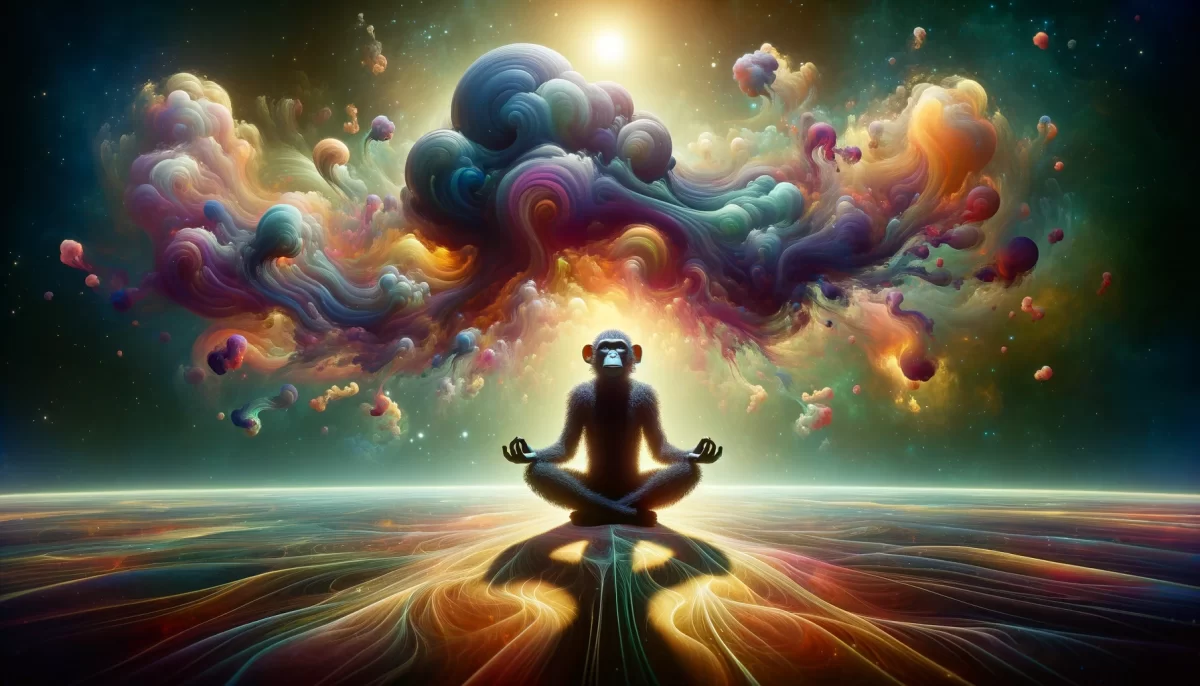
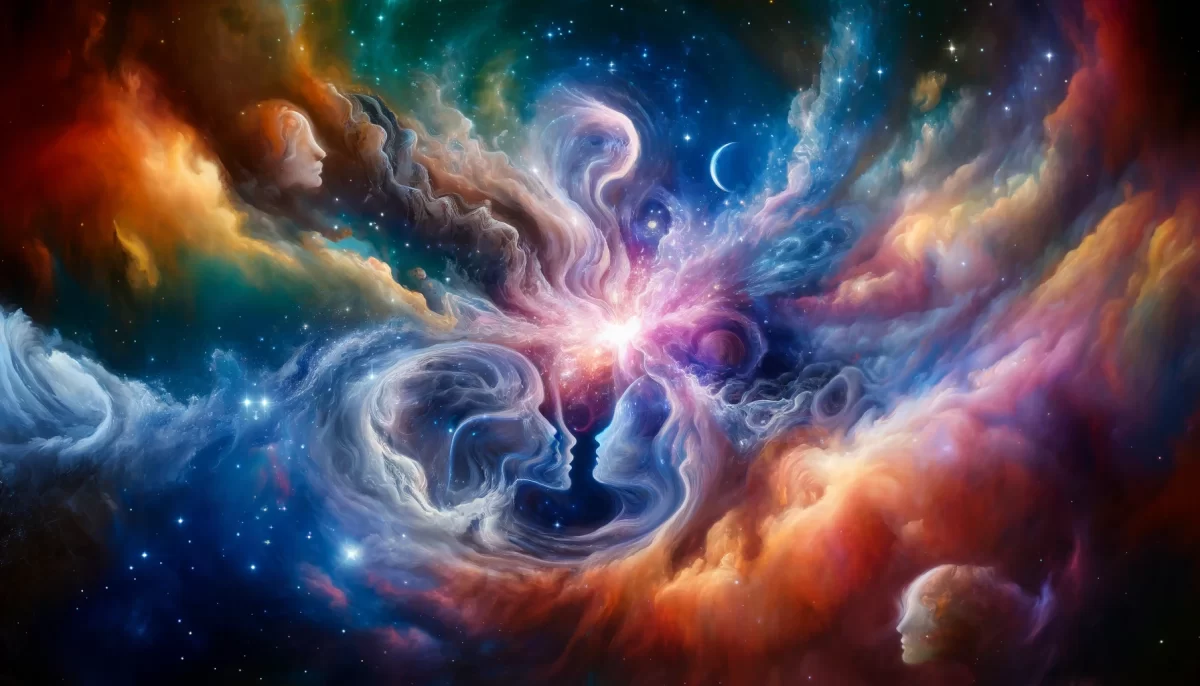
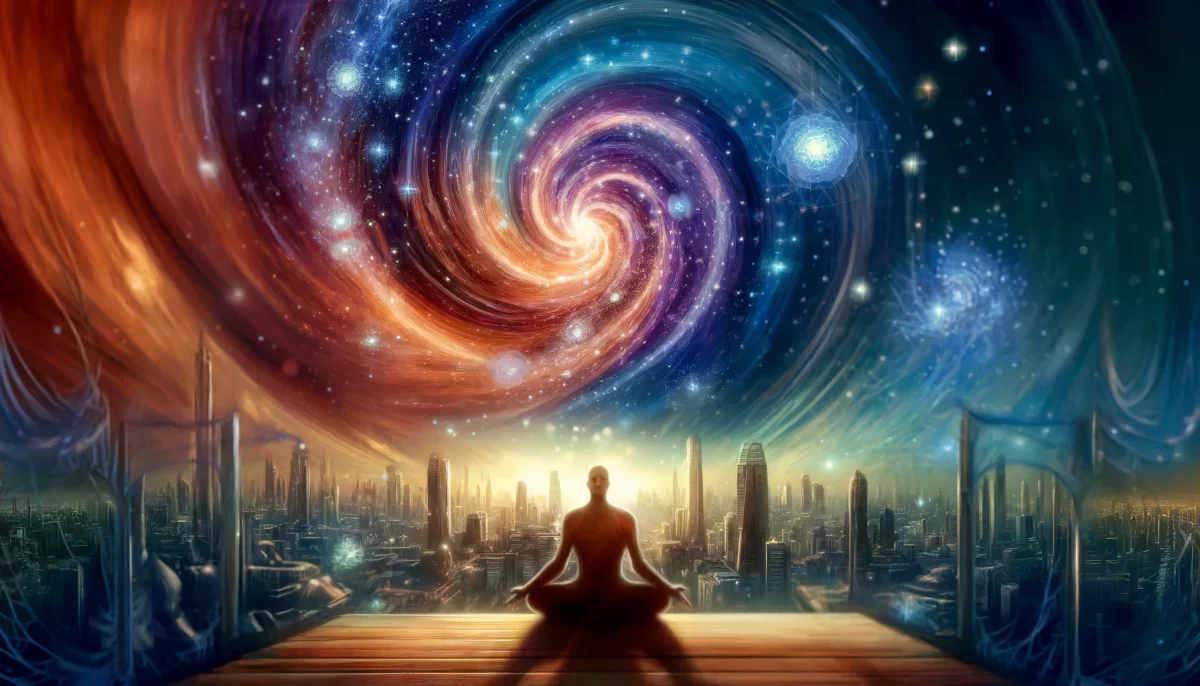
Leave a Reply